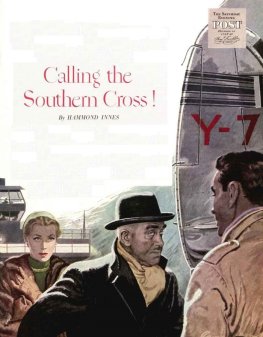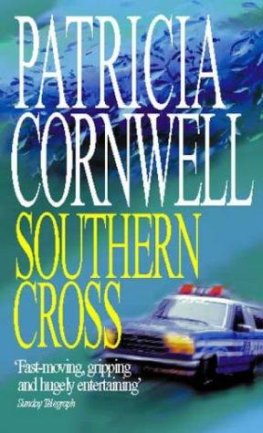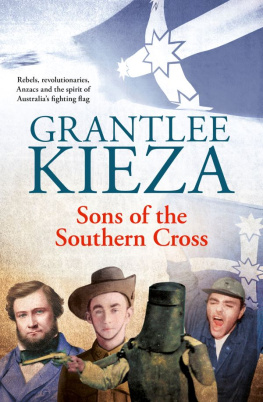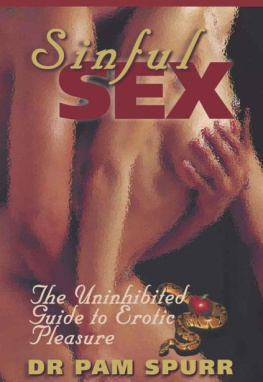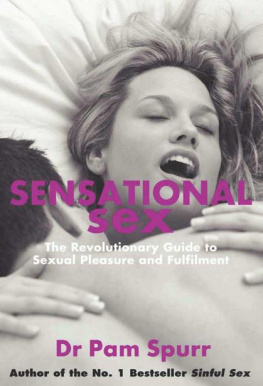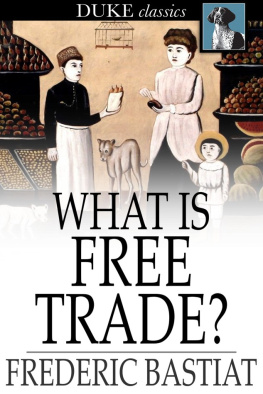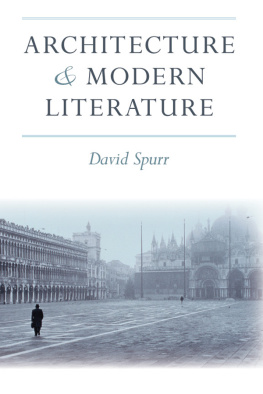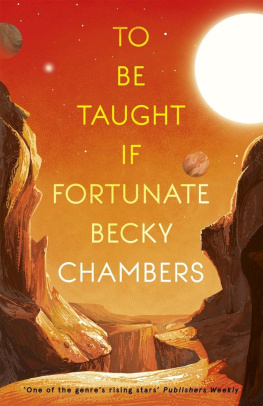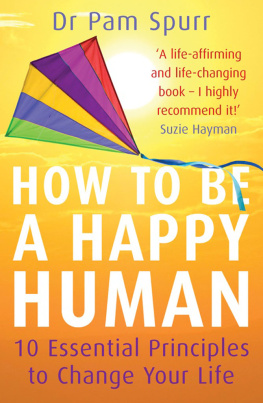FIVE YEARS UNDER THE
SOUTHERN CROSS
Rev. F. C. Spurr.
FIVE YEARS UNDER
THE SOUTHERN CROSS
Experiences and Impressions
By
FREDERIC C. SPURR
Late Minister of First Baptist Church, Melbourne
CASSELL AND COMPANY, LTD
London, New York, Toronto and Melbourne
1915
TO
My Children, Norman Flix and Madeleine Dorothy , who spent their five years of awakening under the Southern Cross, and chiefly to their Mother, My Wife and Comrade , who made Australia not only her home but her workshop, in which she tried, with much success, to do something to help and bless her sisters.
PREFACE
For five years, during my residence in Australia, I had the privilege of contributing to the English Christian World a large number of articles on life in the Commonwealth. These articles excited a great amount of interest amongst all classes, and brought me a vast correspondence, which made it abundantly clear that even well-educated people at home know little about the inner life of Australia. This book is an attempt to throw some light upon that far-off country, and to make Australia live. Many books have been written about the Commonwealth, but none quite on the lines of the following pages. In a series of impressionist sketches various phases of Australian life are set forththe life in the midst of which I worked. The editor of the Christian World has generously permitted me to make free use of the articles I contributed to that journal. I gratefully acknowledge this kindness.
Frederic C. Spurr.
Regents Park Chapel,
London, N.W.
FOREWORD
AUSTRALIAS PLACE IN THE EMPIRE
The average Englishman and the average Australian have at least one thing in common: each of them is profoundly ignorant of the inner life of that country in which his fellow-subjects, separated from him by a distance of twelve thousand miles, dwell.
The average Australian knows by name the chief cities of Britain; he knows a little about British exports and imports; he knows as much of English politics as scanty cables and the letters of special correspondents inform him. If he is a religious man he knows also the names of the outstanding preachers of various churches. Beyond this he has only the haziest ideas of the conditions of life in the Mother Country. When a cable message informs him that London is enveloped in a thick fog, or that Britain is frost-bound, he fervently thanks God that his lot has been cast in a country where the amount of bright sunshine has not to be registered each day in the winter-time. Of the inner life of the Old Land he knows nothing at all, nor can he grasp, unless he is particularly well informed, the true meaning of current political and social movements. For this he is in no way to be censured; it is the fatality of distance that weighs upon him. I am speaking of the average, untravelled Australian. It is very different, of course, with those persons who have visited the Homeland, and who, open-eyed and impressionable, have come to understand what English life stands for. When such travellers return to Australia they rarely speak of the Old Country as having seen its best days. While they very properly deplore the overcrowding of English towns and cities, and in particular are aghast at the alarming development of slumdom, they also recognise that the energy of Britain is more than equal to that social regeneration for which the new time calls. In my judgment, Australians need a much fuller and a much fairer statement, continually renewed, of the actual condition of things in the Motherland. It should be possible, for example, to describe the course of British politics in an impartial manner, leaving Australians to form their own judgment upon the undoubted facts supplied to them. At present this is rarely done.
On the other hand, what does the average Englishman know about Australia? In his mind it is connected with a big export trade in apples, wool, wheat, meat, rabbits, and butter. He reads of the Bush and of the aborigines, of the kangaroo, and of the laughing jackass. He knows the names of its chief citiesAdelaide, Melbourne, Sydney, and Brisbane. He has heard also that Australia is the working mans paradise; that legislation tends in the direction of Socialism; that in Parliament there are often some lively scenes, and that in summer the heat is intense. For the rest, Australia is to him a vast, lone country situated at the Antipodes, a long, long way off across the seas, and a place to which, if a man goes, he must suffer the inconvenience of being cut off from the rest of the world. Australia? Yes! One of our colonies under the Southern Cross! Now it is time that the abysmal ignorance which prevails concerning this great country should, once for all, be dissipated. Englishmen ought to realise that Australia, so far from being a vast, lone land situated in a corner of the world, difficult of access, is in reality situated in the very centre of the British Empire, and that, because of this situation, it is destined to play a great part in the coming life of that Empire.
Let me try to make this point abundantly clear.
The British Empire consists of the United Kingdom, India, parts of Africa, Canada, Australia, New Zealand, and a number of small islands, fortified rocks, coaling stations, and the like. The population of the whole Empire is well over four hundred millionsrepresenting one-quarter of the entire population of the world. Great Britain itselfthe Motherland, the centre of governmenthas less than one-eighth of the population of the Empire.


